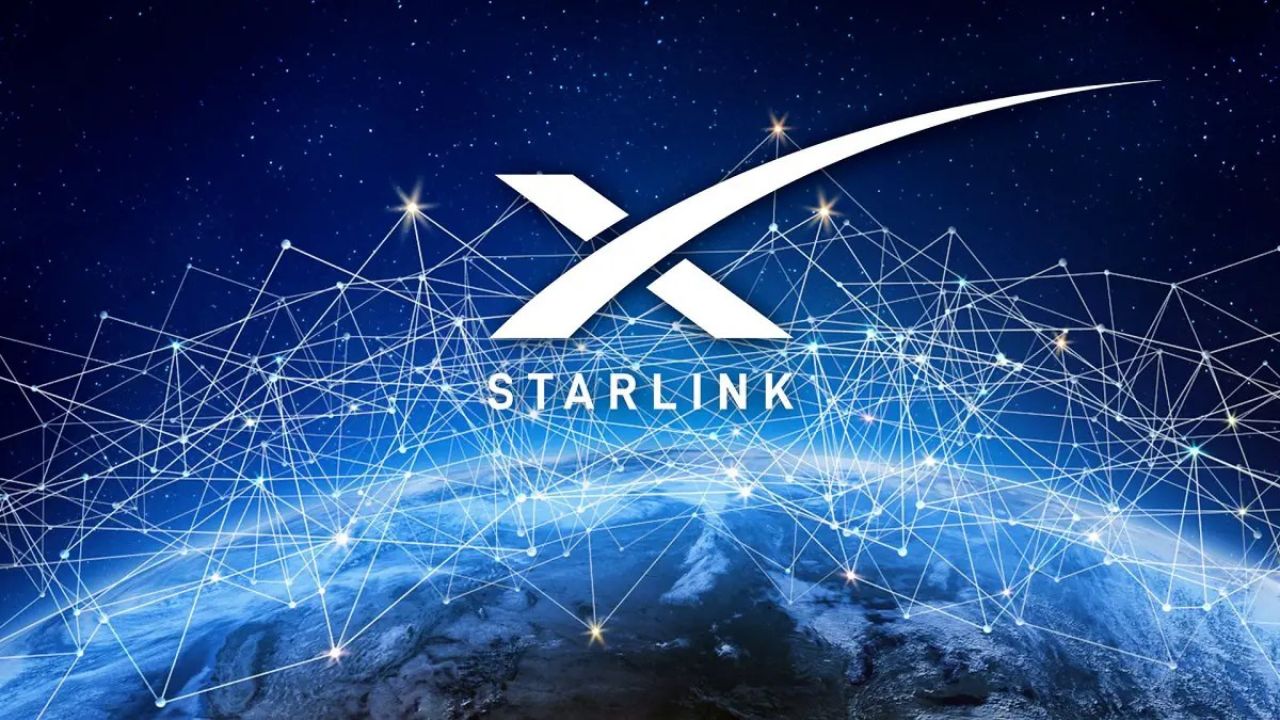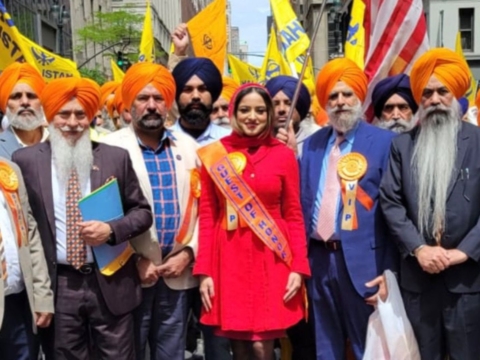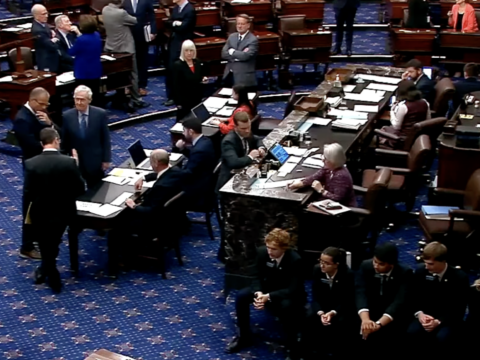WASHINGTON (Diya TV) — The Federal Communications Commission (FCC) is facing allegations of engaging in “regulatory harassment” against Elon Musk and SpaceX, according to FCC Commissioner Brendan Carr. The controversy stems from the agency’s decision to rescind an $885 million award to SpaceX’s Starlink, a move Carr claims is politically motivated and part of a pattern of harassment by the Biden administration.
In a dissenting statement, Carr, a Republican, expressed concerns about the FCC’s decision, stating, “Today’s decision certainly fits the Biden Administration’s pattern of regulatory harassment.” He emphasized the revocation of the award, intended for providing high-speed internet to rural areas, lacks objective justification based on law, facts, or policy.
The FCC’s rejection comes amid multiple investigations launched by the Biden administration into Musk’s ventures, particularly after his acquisition of Twitter (now X) in October 2022. Carr linked the FCC’s move to other instances of what he perceives as harassment, echoing claims of increased scrutiny following President Biden’s green light for investigations into Musk’s relationships with foreign governments.
Elon Musk responded to the FCC’s decision, expressing bewilderment, “Doesn’t make sense. Starlink is the only company actually solving rural broadband at scale!” SpaceX Vice President of Legal, Christopher Cardaci, emphasized Starlink’s significance, stating it is the “only viable option” to connect Americans in rural and remote areas.
The FCC asserted its denial was based on Starlink’s failure to demonstrate the capability to meet program requirements.
FCC Chairwoman Jessica Rosenworcel, a Democrat, in a statement said “the FCC followed a careful legal, technical and policy review to determine that this applicant had failed to meet its burden to be entitled to nearly $900 million in universal service funds for almost a decade.”
In the Rural Digital Opportunity Fund program, the Commission followed a two-step process
However, Carr disputed this claim, alleging that the FCC did not replace Starlink’s bid with alternatives and questioned the agency’s adherence to a previously unused standard in reaffirming its decision.
Republican Commissioner Nathan Simington joined Carr in dissenting, highlighting Starlink’s proven technology and millions of subscribers. Simington criticized the FCC’s handling of the situation, raising concerns about due process and the rule of law within the agency.
SpaceX expressed disappointment with the FCC’s decision, emphasizing Starlink’s success in providing broadband services. Musk suggested a dissolution of the program or a return of funds to taxpayers, arguing against allocating funds to entities not effectively addressing rural broadband challenges.




